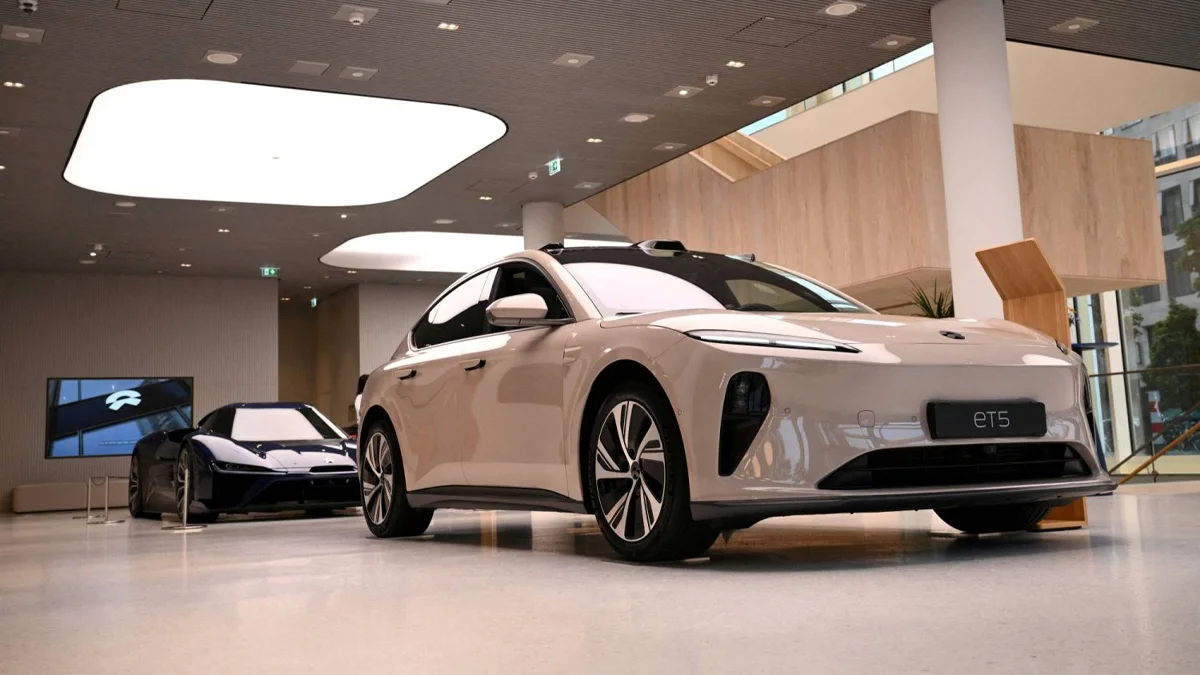Necessary Always Active
Necessary cookies are required to enable the basic features of this site, such as providing secure log-in or adjusting your consent preferences. These cookies do not store any personally identifiable data.
|
||||||
|
||||||
|
||||||
|

On Friday, October 25, 2024, the European Commission announced that the EU and China have decided to put a hold on the ongoing discussions around alternative solutions to tariffs on Chinese-manufactured electric vehicles (EVs), even though significant gaps remain.
According to Reuters, both the EU and China are exploring alternatives to the tariffs, including price commitments from Chinese EV manufacturers or investments in Europe to offset the impact of EV tariffs. If the tariffs are implemented, they could remain in place for up to five years, with negotiations possibly resuming afterward if any additional tariffs are introduced.
EU provides subsidies to Chinese EV manufacturers to offer vehicles at lower prices than their competitors, which has started the EU’s anti-subsidy investigation. EU rejected a Chinese proposal on these subsidies in the beginning of October this year.
Regarding this, the European Commission emphasized that the issue extends beyond simple pricing, as subsidies distort competition within the EU market. If implemented, the tariffs would impose an additional 10% duty on all imports, with Tesla facing a 7.8% tariff and Chinese automakers such as BYD and Geely facing tariffs of 17% and 18.8%, respectively. Companies that cooperated in the investigation would face a 20.7 percent tariff, whereas those that did not cooperate, such as SAIC Group, could be subjected to a 35.3 percent duty.
Following a recent video call between EU Trade Chief Valdis Dombrovskis and China’s Commerce Minister Wang Wentao, the European Commission indicated that further technical negotiations will take place to address remaining differences. Despite eight prior rounds of negotiations, the Commission stated that “significant gaps” remain in the way.
The European Commission, which manages trade policy across the EU’s 27 member nations, reiterated its commitment to ensuring fair competition and adherence to World Trade Organization (WTO) rules in its market. Dombrovskis and Wang underlined their shared goal of a mutually acceptable solution that supports a level playing field in the EU. Earlier this month, the EU rejected a proposal from China to set a base price of $32,900 for all Chinese-manufactured EVs sold in Europe.
China requested the EU not to engage in separate negotiations with individual companies, saying this would “shake up the foundation of negotiations.” The Commission, however, clarified that talks with the China Chamber of Commerce for Import and Export of Machinery and Electronic Products do not exclude discussions with individual exporters. Dombrovskis also raised concerns over China’s recent investigations into EU exports like brandy, pork, and dairy, calling these probes “unsubstantiated.”